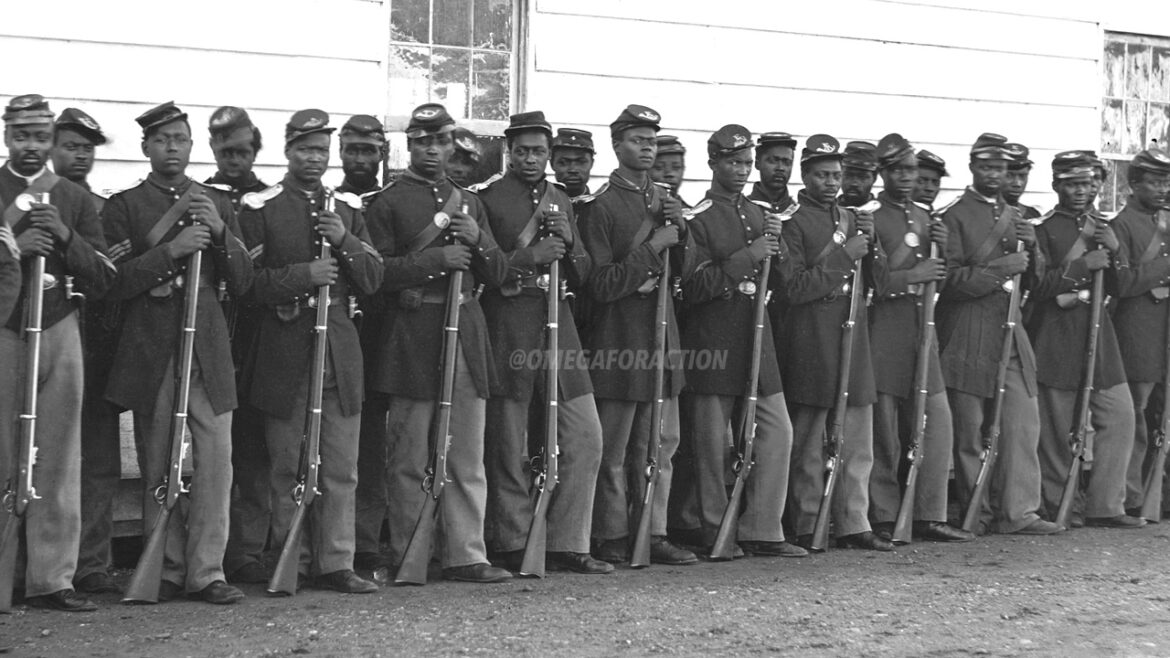Multiple reports and sources indicate that the federal government has begun systematically removing visual and written references to Black Americans from its digital footprint. Under the directive of recent executive orders signed by President Donald Trump, agencies from the Small Business Administration (SBA) to the Department of Defense are scrubbing content that celebrates the contributions of Black individuals to this nation. Images, stories, and educational materials that once honored pioneers like the Tuskegee Airmen, Jackie Robinson, and Black war heroes are quietly vanishing from government websites—stripped in the name of dismantling diversity, equity, inclusion, and accessibility (DEIA) programs.
The military purge alone could erase more than 100,000 photos, many of which spotlight Black service members and historic achievements in a system that once denied them full citizenship. Meanwhile, the SBA urgently removed a stock image showcasing a multiracial group of entrepreneurs from its homepage—an act insiders say was treated with the urgency of a system failure. NASA, too, deleted—and only reluctantly restored—profiles like that of Rose Ferreira, a Dominican-born intern who symbolized the aspirations of underrepresented communities in STEM. These deletions represent far more than website maintenance; they’re part of a sweeping cultural redirection that signals to Black Americans: “We no longer see you.”
The timing and scope of these erasures are chilling. With Black workers making up nearly 19% of the federal workforce—disproportionately higher than their percentage of the U.S. population—this assault is not only symbolic but also economic. The dismantling of DEIA programs is poised to jeopardize jobs, suppress visibility, and reverse decades of hard-fought progress toward equitable representation in government, education, and military service. The broader private sector, often influenced by federal priorities, is already beginning to follow suit. Walmart, for instance, has rolled back racial equity training, and corporations are quietly abandoning DEI initiatives under pressure from powerful voices like Elon Musk and Bill Ackman, who now equate inclusion efforts with “reverse racism.”
What’s unfolding is not a debate about fairness; it’s an orchestrated campaign to erase a more inclusive American narrative. The removal of pages dedicated to Black military units, civil rights icons, and historical firsts is more than a loss of visibility—it’s a rewriting of public memory. If left unchallenged, it threatens to rob future generations of understanding how Black Americans helped build, defend, and shape this country, often in the face of relentless opposition.
This is not just about diversity policies—it’s about truth, legacy, and power. And as the nation moves deeper into this era of digital censorship under the guise of “colorblindness,” we must ask: Who benefits from erasing Black achievement? And what becomes of democracy when its storytellers no longer tell the whole story?


